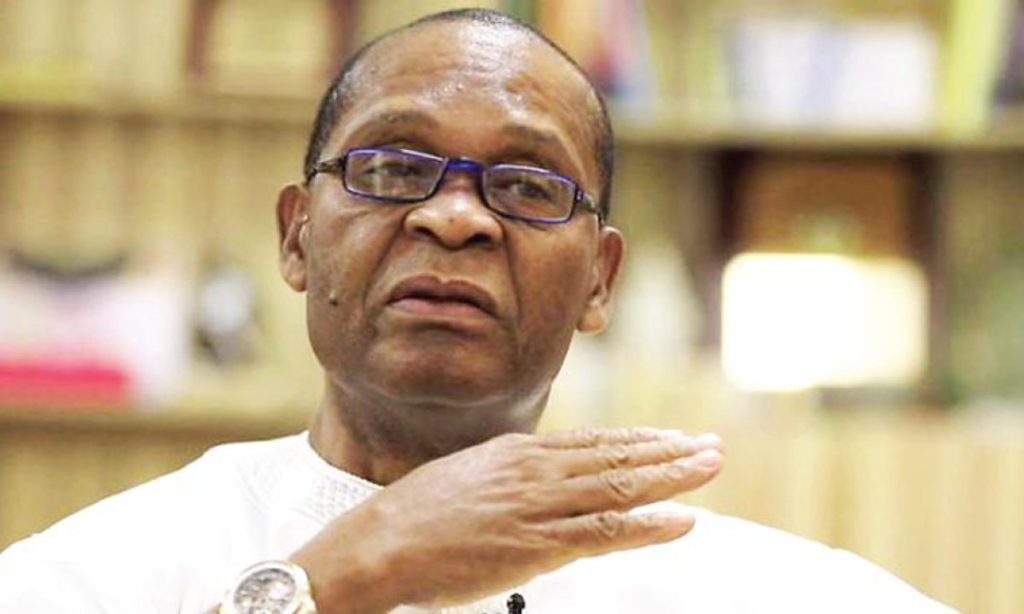Joe Igbokwe, a figure synonymous with Nigerian politics, has managed to position himself as a staunch defender of those in power regardless of the political tides. While he wears the cloak of a patriot and claims to advocate for national unity, many argue that his actions reveal a man more committed to personal gain than principled leadership.
Igbokwe’s trajectory in Nigerian politics is littered with controversial statements, shifting loyalties, and provocative outbursts. A glaring example is his claim in 2021 that Nigeria’s agricultural sector had grown by an impressive 23%, a statement directly contradicted by the National Bureau of Statistics, which reported a meager 1.3% growth. This incident underscores his tendency to peddle exaggerated narratives to please those in power, often at the expense of public trust.
Ethnic rhetoric has also been a hallmark of Igbokwe’s public engagements. His remarks about the Igbo community, especially regarding their political strategies in Lagos, have been divisive. While ostensibly positioning himself as a unifier, his comments often alienate his ethnic group, leading to accusations of pandering to other regions for political relevance.
Perhaps the most telling of Igbokwe’s tendencies is his insensitive commentary on social media. A case in point was his harsh critique of P-Square, the famous Nigerian musical duo, following their split. Calling their situation “success without brains” and “education without character,” Igbokwe’s remarks were not only overly personal but also dismissive of the duo’s challenges. This episode drew the ire of Paul Okoye, who accused him of being out of touch with the struggles faced by everyday Nigerians.
What’s more, Igbokwe has a habit of sharing unverified content. He has been caught sharing outdated images of military jets, misrepresenting them as new acquisitions by Nigeria’s air force. Such actions not only undermine his credibility but also reveal a willingness to manipulate narratives for political advantage.
Beyond his words, Igbokwe’s actions paint a picture of a political opportunist. His unwavering loyalty to Bola Ahmed Tinubu, whom he credits with his success in Lagos, is often framed as gratitude. Yet, many view it as a calculated alliance, carefully designed to keep him in the corridors of power. While Tinubu is known for nurturing leaders across Nigeria, Igbokwe’s loyalty appears less about ideology and more about ensuring his seat at the table.
Critics argue that Igbokwe’s political career is defined by his ability to adapt to any political environment that guarantees personal benefit. Whether as a vocal critic of the Southeast or as a staunch defender of the APC, Igbokwe has demonstrated a willingness to switch allegiances to maintain relevance. As one observer aptly put it, “He sings for whoever feeds him, and when the music changes, he simply changes his tune to suit his own interests.”
For a country in dire need of principled leadership, figures like Joe Igbokwe represent the antithesis of progress. His approach to politics serves as a stark reminder that self-interest often trumps service in Nigeria’s political landscape.

